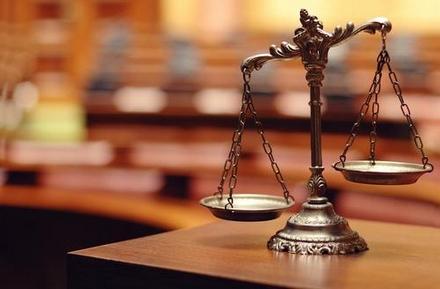TELEPHONES ANSWERED 24 HOURS A DAY
Getting Tried Twice: Understanding Double Jeopardy
 One of the fundamental rights guaranteed under both the U.S. Constitution and the Illinois State Constitution is the right not to be tried twice for the same crime. This is called double jeopardy. While the underlying principle is clear, in practice it can be confusing.
One of the fundamental rights guaranteed under both the U.S. Constitution and the Illinois State Constitution is the right not to be tried twice for the same crime. This is called double jeopardy. While the underlying principle is clear, in practice it can be confusing.
When Have You Been Tried For a Crime?
The question of what it means to be tried for a crime is at the heart of double jeopardy laws. Many assume that if someone is charged with a crime, appears in court and the charges are dropped, they have been tried for the crime. However, under both federal law and Illinois state law, simply making an appearance in a criminal case does not mean you have been tried.
If you were charged and arraigned on a charge, but for whatever reason the prosecution dismissed the charges, you could still be charged again for the same crime later, as long as the statute of limitations has not expired.
Under Illinois law, once a jury has been sworn, or the first witness has been sworn in when there is no jury, a person has legally been tried for a crime. Prosecutors cannot charge a person again for the same actions after one of these events. A future prosecution can also be barred under state law if a judge enters a final order in certain circumstances, even before a trial.
What about Related Offenses?
Some crimes have what are called lesser and included offenses. This might mean something like murder, conspiracy to commit murder, and attempted murder. If a prosecutor brings a murder charge and the defendant is found not guilty, they are not allowed to bring a second prosecution, based on the same facts for attempted murder. This is double jeopardy.
Illinois law also requires prosecutors to prosecute all crimes from the same set of actions, known to the prosecutor at the time. Using the murder example again, if the defendant had broken into the victim’s home to commit the murder, the defendant also committed burglary. The prosecutor would be required to prosecute the murder and the burglary at the same time. If the prosecutor only charged the murder, and the defendant was found not guilty, the prosecutor would not be allowed to then charge the burglary.
If you have been charged with a crime, you need a skilled and seasoned Chicago criminal defense attorney right away. You should not discuss your case with anyone, including law enforcement until you have consulted with a lawyer. Call the Law Offices of Hal M. Garfinkel LLC, Chicago Criminal Defense Attorney at 312-629-0669 to schedule a free consultation today.
Source:
http://www.ilga.gov/commission/lrb/con1.htm




